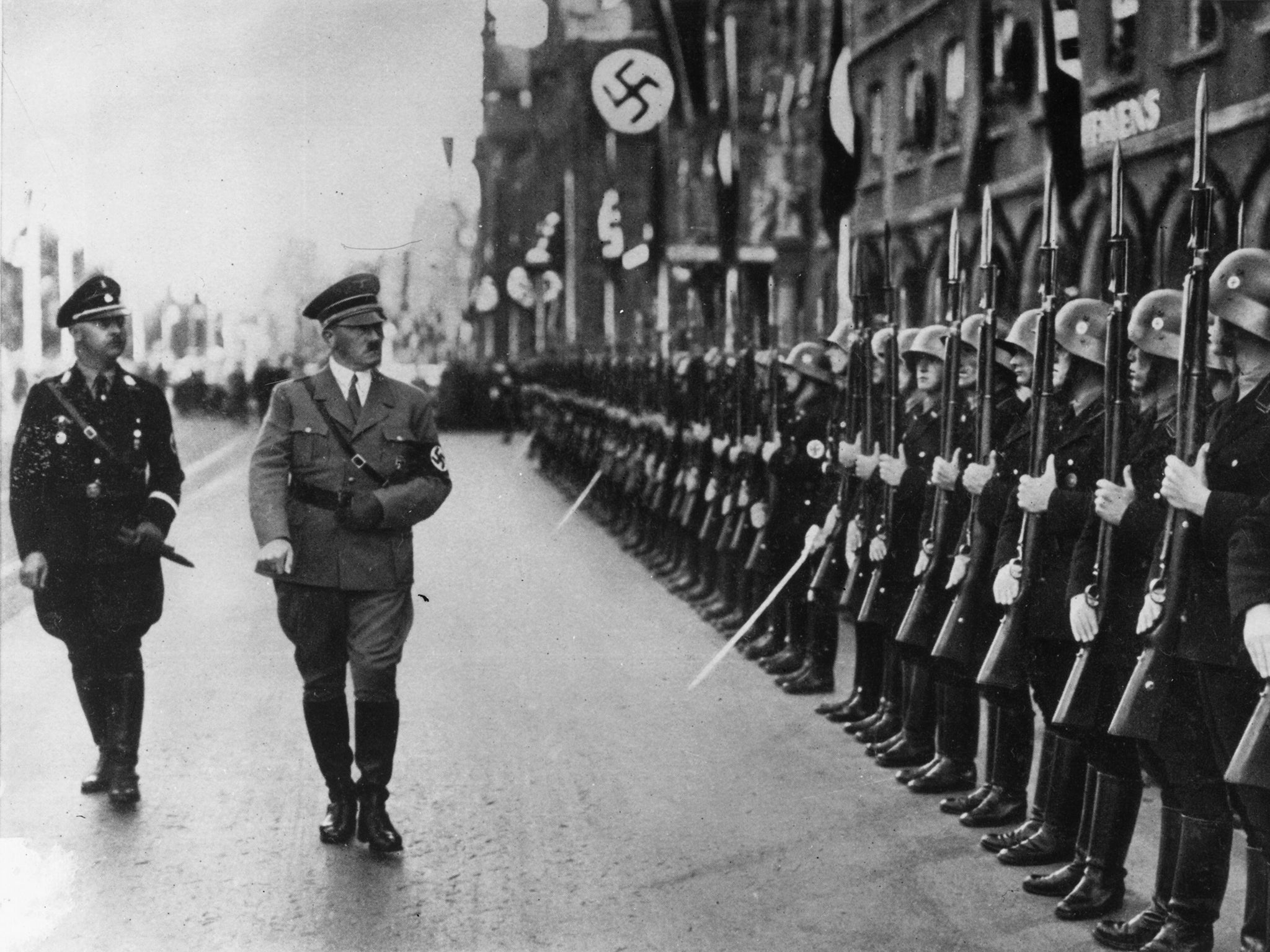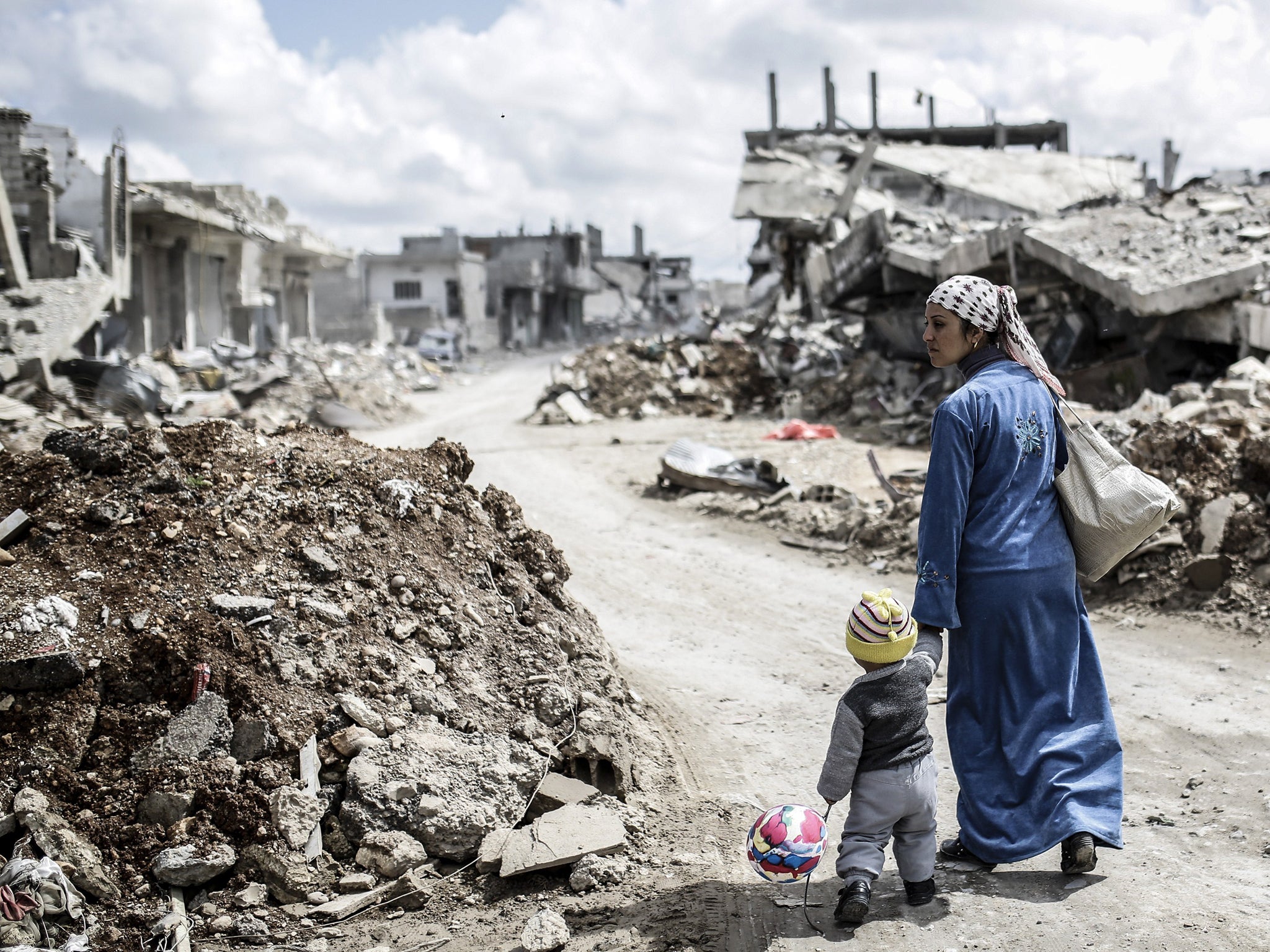The Ides of March: The five worst things that have happened on 15 March
Significant events have taken place on this date in the past century that have led to hundreds of deaths, or signalled the start of wars

Your support helps us to tell the story
From reproductive rights to climate change to Big Tech, The Independent is on the ground when the story is developing. Whether it's investigating the financials of Elon Musk's pro-Trump PAC or producing our latest documentary, 'The A Word', which shines a light on the American women fighting for reproductive rights, we know how important it is to parse out the facts from the messaging.
At such a critical moment in US history, we need reporters on the ground. Your donation allows us to keep sending journalists to speak to both sides of the story.
The Independent is trusted by Americans across the entire political spectrum. And unlike many other quality news outlets, we choose not to lock Americans out of our reporting and analysis with paywalls. We believe quality journalism should be available to everyone, paid for by those who can afford it.
Your support makes all the difference.“Beware the Ides of March” warned Shakespeare’s soothsayer to Julius Caesar. The emperor’s famous murder at the hands of Brutus and members of his senate on 15 March 44 BC has forever associated the day with danger and bad omens. But significant events have taken place on this date in the past century that have led to hundreds of deaths, or signalled the start of wars.

1939 – Hitler marches into Czechoslovakia
When Hitler marched his troops into Czechoslovakia in 1939 and declared a Protectorate of Bohemia and Moravia, two regions within the country, it signalled the end to appeasement and proved to British Prime Minister Neville Chamberlain that Germany was likely to invade other countries. Mr Chamberlain promised later that month that if Germany were to invade Poland then British forces would help defend it – Hitler invaded Poland on 1 September and Britain declared war with Germany two days later.
![People play in the snow on the National Mall after a snowstorm in Washington. A deadly blizzard blanketed the eastern United States in near-record amounts of snow], shutting down New York and Washington in a colossal storm expected to affect more than 85 million people]](https://static.independent.co.uk/s3fs-public/thumbnails/image/2016/01/26/09/snow-washington.jpg)
1941 – North Dakota and Minnesota blizzard
After almost no warnings from weather reports or forecasters, a blizzard with 85mph-strong winds swept through North Dakota and the north of Minnesota, causing 7ft high snow drifts and a reported temperature drop of 20 degrees in less than 15 minutes in some areas. Due to the lack of warning, many people who died during the blizzard were travelling and became stranded in their cars. A total of 151 people died.
1986 – Hotel New World collapses
Labelled as one of the worst disasters in post-war Singapore, 50 people were trapped when the Hotel New World collapsed. A total of 33 people died after the six-storey building, which housed a bank, a night club and 67 bedrooms was reduced to a pile of rubble in less than a minute.

2003 - SARS
SARS, a severe acute respiratory syndrome, was first reported in November 2002 in the Guangdong province, China. By February the next year five people had died in the country and 300 cases had been reported, before it began spreading rapidly across Asia.
On 15 March, the World Health Organisation declared SARS a worldwide health threat. Cases had been reported in Vietnam, Thailand, Indonesia, the Philippines, Singapore and Canada by this point, spreading to the US and Europe within days of the announcement. A total of 8,098 people became sick during the outbreak in 2003, with 774 recorded deaths.

2011 – Syrian civil war
Earlier in March the arrest and torture of three teenagers in Deraa, who had painted revolutionary slogans on a school wall including “The people want the fall of the regime,” caused local unrest. On 15 March major unrest erupted in Damascus and Aleppo, with protestors demanding democratic reforms. Months of ensuring clashes between protesters and police kick-started opposition across the country calling for President Assad to resign, and the country descended into civil war.
Join our commenting forum
Join thought-provoking conversations, follow other Independent readers and see their replies
Comments